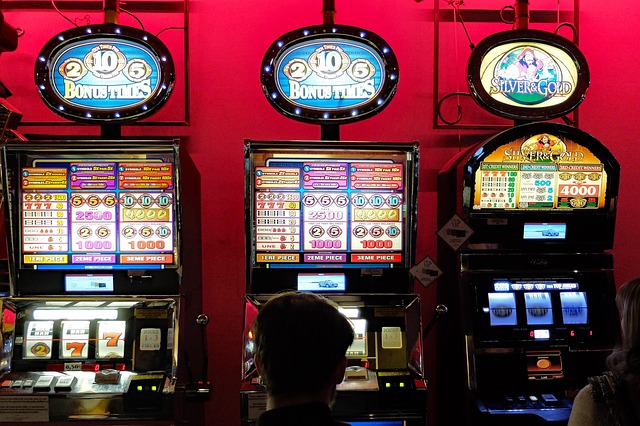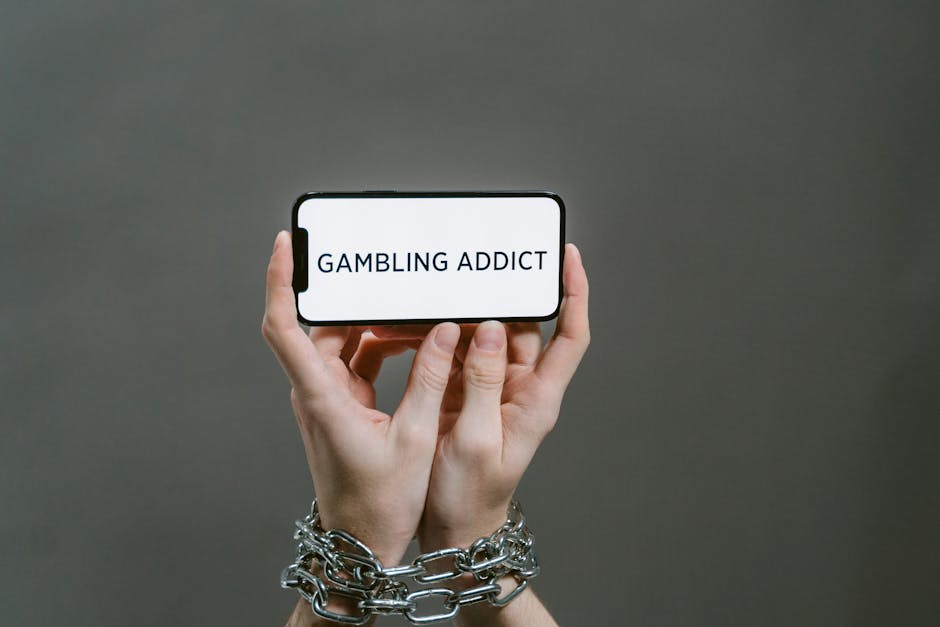Why Setting Limits Matters
Jackpots are built to get your pulse racing. One spin, one press, and maybe—just maybe—you hit it big. But that thrill comes with a cost, and it’s not always measured in money.
The reality: these games are designed to keep you playing. Lights flash, sounds pop, and wins (even small ones) hit your brain like a rush of dopamine. Before long, you’re not chasing fun—you’re chasing a feeling. That’s where the danger starts. “Just one more spin” isn’t usually about strategy—it’s your brain on autopilot.
Setting limits cuts through the noise. A clear dollar cap, a real time limit—these aren’t barriers, they’re lifelines. They keep you in control of your budget and your state of mind. The truth is, gaming can be fun or it can be costly. Which it is depends on how well you manage yourself in the moment.
Whether you win or lose, walking away on your terms always beats being pulled deeper into a spiral. Limits don’t kill the excitement—they preserve it.
Step 1: Know Your Budget
Before you press play, run the numbers. You need to know exactly how much money you can afford to lose—without it impacting rent, groceries, or your peace of mind. This isn’t about being alarmist; it’s about being smart.
Start by separating your “fun money” from everything else. That’s the cash left over after paying for essentials. If that number is $50, that’s your ceiling. Not $51. Not “maybe $70 if I win early.” Actual, fixed numbers only.
Guesswork doesn’t cut it here. Loose budgeting leads to fast losses. Write it down, use an app, jot it on a napkin—it doesn’t matter. Just make it real and visible. That way, when the game starts, you’re walking in with clarity, not crossed fingers.
Step 2: Choose Your Time Limits
Time is one of the first things to slip away when you’re chasing jackpots. That’s why setting a hard time cap before logging in isn’t just smart—it’s essential. Decide how long you’ll play before you even touch the app or site. One hour? Forty minutes? Whatever it is, lock it in.
Don’t rely on willpower alone. Use real tools—set a phone alarm, use a timer, or enable session limits if your platform offers them. You’re not weak for needing reminders. You’re staying in control.
And here’s the truth most players miss: the longer you play doesn’t mean the better your chances. Jackpot odds don’t bend over time. The game doesn’t owe you a win just because you stayed longer. Walk away on your schedule—not the game’s.
Step 3: Pre-Set Deposit and Bet Limits
Don’t wait until you’re riding a high or chasing a loss—set your limits before you hit spin. Most platforms come with built-in tools that let you cap your daily or weekly spend. Use them. It’s easy to lose track of small bets that stack up fast.
Stick to lower-stakes games. This isn’t about playing it safe—it’s about getting the most value from your time. A dollar lasts longer when you’re not burning it on every spin.
And lock in your bet size early. Changing it mid-game, especially after a loss, is a shortcut to blowing through your budget. Betting based on emotion is one of the oldest traps in the book. Set your rules, follow them, and let the rest play out without the pressure.
Step 4: Stick to Emotional Boundaries
Setting financial and time limits is essential—but don’t overlook your emotional limits. Emotions can cloud judgment and turn a fun session into a risky one.
Watch for Emotional Red Flags
Stay attuned to how you’re feeling while you play. Jackpot games are designed to be immersive and exciting, which isn’t always a good thing.
- If you’re feeling intense frustration, stress, or even overexcitement, it’s time to step back
- Positive emotions can be just as dangerous—feeling ‘on a roll’ may tempt you to break your limits
- Take brief breaks to check in with your mental state
Know When Fun Turns into Pressure
Winning is exciting, and losing can be aggravating. But when either emotion begins to drive your decisions, it’s a warning sign.
- Ask yourself: “Am I still enjoying this, or trying to win something back?”
- Pressure—even self-imposed—means it’s time to walk away
- Set emotional checkpoints just like time or money limits
Remember the Game’s Nature
Jackpot games are built on chance, not skill. That’s what makes them thrilling—and unpredictable.
- No strategy guarantees a win
- Past wins or losses have no effect on future outcomes
- Keeping this mindset helps you stay grounded and make better choices
Protecting your emotional well-being is just as important as watching your wallet. Knowing when to pause—and having the discipline to do it—is what separates smart players from risky ones.
Step 5: Use the Tools Available
Most jackpot platforms aren’t just flashy games—they come with built-in guardrails. These responsible gaming features exist for a reason, and if you’re playing without them, you’re flying blind.
Start with auto timeouts. They can nudge you to take a break when your session runs long. Add spend trackers into the mix—they’ll keep your wallet honest. Break reminders are like a tap on the shoulder, pulling you out of the zone before you go too deep.
If the game starts creeping into parts of your life it shouldn’t, don’t wait. Enable self-exclusion. Whether it’s a short cooling-off period or a long-term lockout, it’s a hard stop that can save you from bigger problems.
This isn’t about killing the fun. It’s about managing your play so it stays fun. The tools are there—use them.
Spotting Trouble: When Limits Aren’t Working
Sometimes, even the best limits can slip. If you’re losing track of time or can’t remember how much money you’ve spent, that’s not just an oversight—it’s a red flag. Jackpot games are built to keep you engaged, but when hours disappear without notice, it’s time to step back.
Another warning sign? Secrecy. If you’re hiding your play from friends, family, or partners—or lying about how often or how much—you’re no longer just playing for fun. That kind of behavior usually happens when you already feel things going sideways.
Then there’s the urge to win it all back. The moment you start doubling down to chase your losses, you’re caught in a trap. The odds don’t suddenly improve because you’ve had a bad run. In fact, that mindset can turn losses into something much worse.
Don’t wait for things to unravel. Know the signs and act early. Learn more here: Recognizing the Signs of Problem Gambling Early.
Final Takeaway: Playing Smart Keeps the Game Fun
Limits aren’t chains—they’re guardrails. They give your playtime structure and your wallet breathing room. Without them, jackpot gaming can slide from entertainment into obsession fast. That thrill of chasing a big win can cloud judgment, which is why setting rules before you start matters more than ever.
Controlled gaming isn’t about killing the fun—it’s about protecting it. You want each session to feel deliberate, not desperate. That means treating your limits like part of the game plan, not a last resort.
Here’s the truth: your best strategy won’t be a betting system or a lucky charm. It’s knowing yourself. Know when you’re sharp, and know when you’re spiraling. Know when to keep playing, and when to close the tab.
Let the games stay fun—and walk away when they’re not.


 Founder & Chief Editor
Founder & Chief Editor
